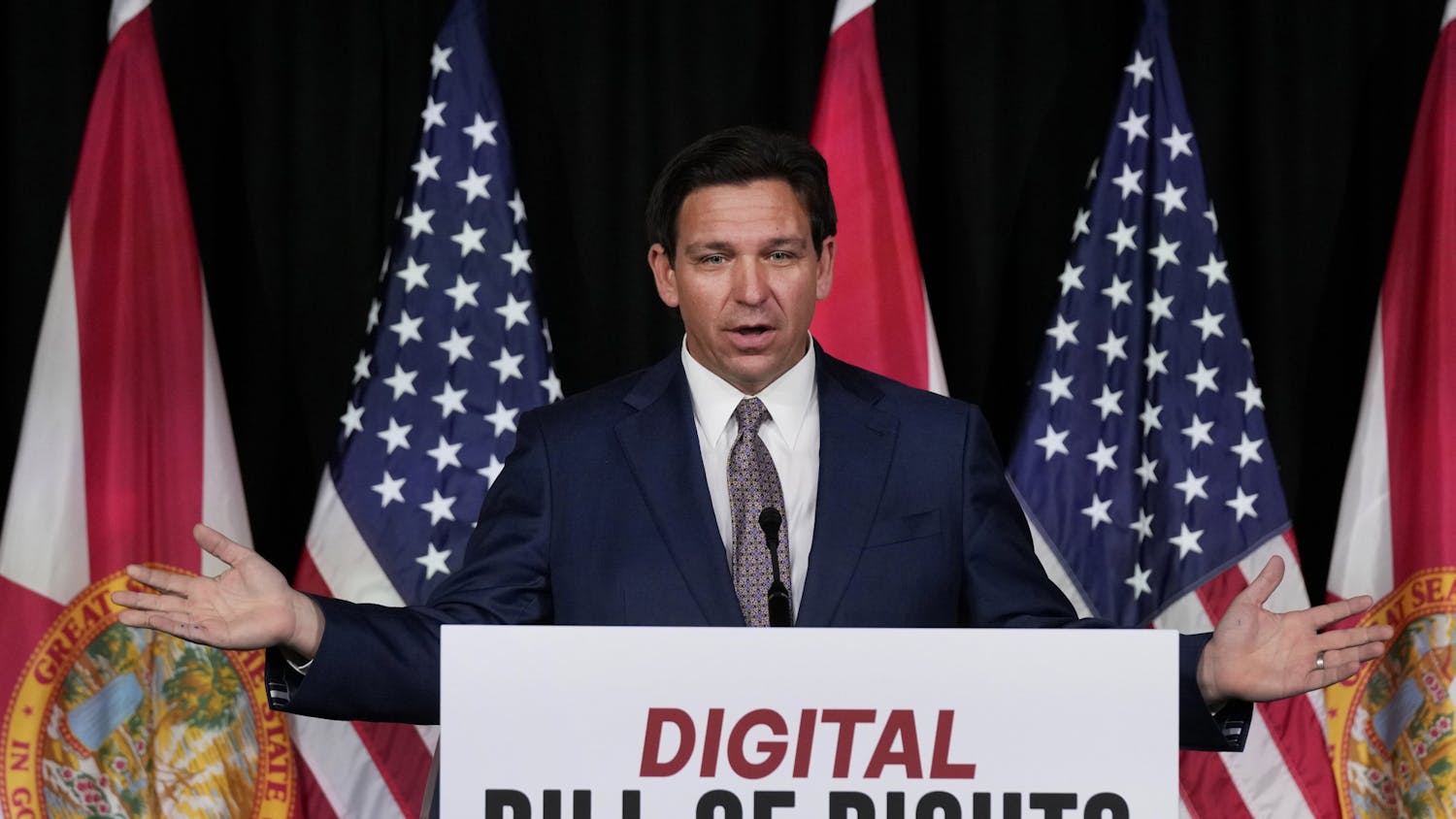If you haven’t been living under a rock for the last week or so, you’ve probably read coverage on Hurricane Harvey.
The video and pictures have been devastating, to say the least. We’ve seen horrific images of people losing their homes, their families and even their pets. These people include journalists, who just like everyone else, have lost pretty much everything. Nonetheless, they continue to go to work every day to provide you with the news.
Dear reader, the next time you feel the urge to call reputable newspapers and their dedicated staff members “fake,” think of this.
Now let me start by saying we are humans. Just like you and just like all humans, we make mistakes. By all means in those instances, call us out when we slip up. But when you leave a nasty or cynical comment on a story that’s based on proven facts because you don’t agree with what’s been said, that’s when you’ve crossed the line.
This might be where I lose you, which is fine. I understand that this isn’t what most of you came here to read. The concept of “fake news” has become part of our everyday lives now. We say it without thinking because our president and everyone else does.
You might think it’s funny, and sure, you might make your friends laugh, as well, but there are people out there working hard to provide you with quality news. When you write snide comments like that, please remember how they affect the real people who you are attacking.
I’d like you to remember that nobody in journalism goes into this profession to spread “fake news.” In fact, most of us decide to stay for our love of people and stories. Any true journalist will tell you that making a factual error feels like getting your hand jammed in a car door. It’s equal parts awkward and humiliating when a source or a reader chimes in to let you know you messed up.
I can’t attest as to why everyone stays in journalism, but I can promise you it definitely isn’t for the pay. Most journalists work long hours, weekends and pretty much every holiday known to man because we love our jobs. The majority of smaller newsrooms are often understaffed and trying to make ends meet. With this in mind, I hope you’ll think twice before you decide "fake news" is the appropriate way to respond.
You’re allowed not to agree with newspapers. In fact, most newspapers are perfectly fine with readers striking up a discussion on their websites or social media pages. But when you go as far as to call their writers and editors nasty names or try and shame the newspaper overall for writing something you don’t agree with, it’s time for you to take a step back and reflect on your thought process.
I’m not here to make you feel bad, I just hope that after reading this, you see the other side of journalism. The side where it’s everyday people in your community trying with all of their might to get important stories out. In a sense, we are public servants — here to serve you, here to tell your stories and, most importantly, here to inform you.
A little over a week ago, Mike Hixenbaugh, a medical reporter from the Houston Chronicle tweeted “Some have lost cars. One hitched a ride home on a jet ski. Water in their homes, but they’re still out reporting. #NotTheEnemy.”
I’d like you to remember this tweet the next time you think it’s funny to call your local or national news organization “fake.”
Sara Marino is a UF journalism senior. Her column appears on Wednesdays.





